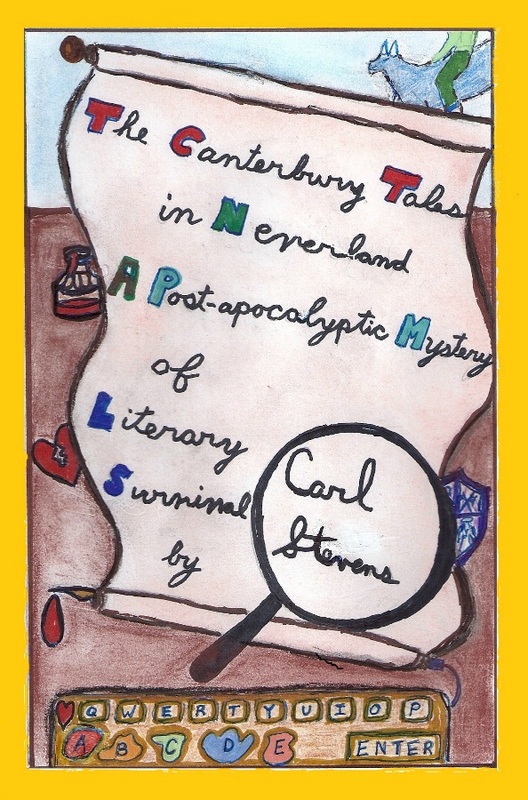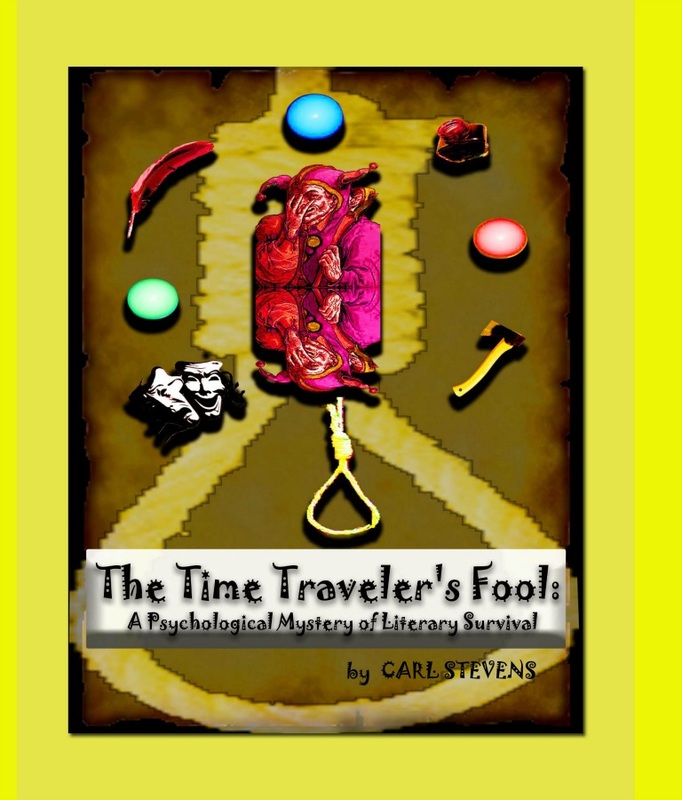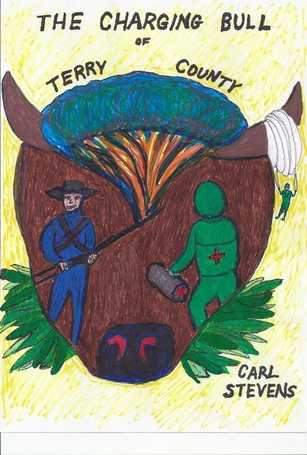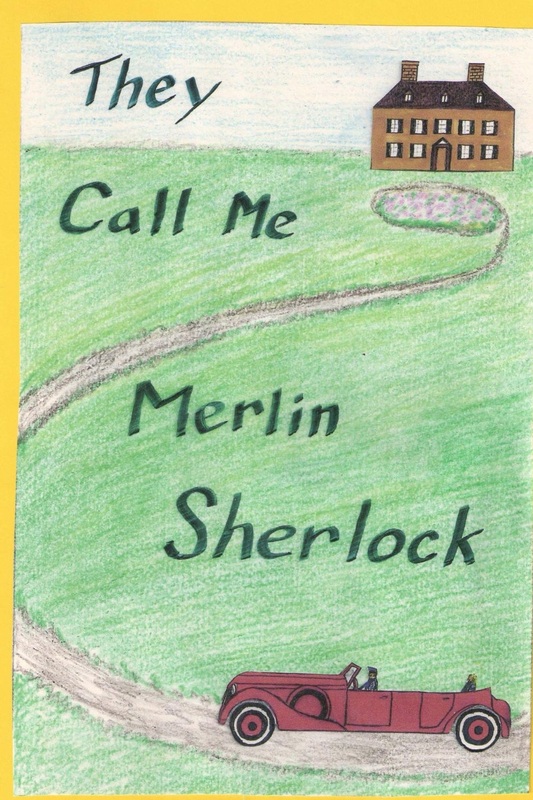Carl Stevens
|
Jack London lamented that he had spent his life as a working class intellectual rubbing shoulders with the underprivileged on tramp steamers, in gold mining camps, on wharves and in warehouses while reading extensively and writing books of serious social and philosophical merit only to be renowned for writing about dogs. It irked him yet inspired me decades later. Eighteen-wheelers, psych wards, factory floors and the halls of academia and corporate America may not be perfect matches to London’s, but they have all been part of my own working class adventures. I have lived in numerous careers the fiction that each was intrinsically important while in fact each was merely research for the role of Carl Stevens, Writer. Professor-in-training (in three fields so far, philosophy, history and psychology), nurse in a psychiatric facility, long-haul truck driver, security guard, waiter, bartender, clerical worker, manual laborer, engineer - they were all facades I presented while my true life’s work went on behind the scenes, reading and writing and incorporating life experience with the scholarly to create the self-identity that is now creating novels.
Three novels speak for the success of this creative self-identity. If a hundred years from now people neglect the layers of substance and only praise my exciting tales of adventure and if I am still alive, then I will be proud to have failed like Jack. |
The Canterbury Tales in Neverland
|
Literary History projected into Post-apocalyptic America
Michael Chabon, Lev Grossman and others argue that genre and literary fiction are not exclusive categories. Chabon won a Pulitzer writing about comic books. Grossman won acclaim writing an adult story about wizardry school. THE CANTERBURY TALES IN NEVERLAND is a post-apocalyptic mystery wherein the detective’s need for hard facts clashes with a culture’s need to reinvent itself on the ever shifting sands of storytelling. There are two main stories. In one, Jackson Thomas, a former mayor of a small town known as The Ville, is trying to avoid being stoned to death on false charges of conspiracy to incite riot and murder. He is hampered by being under arrest and dependent on a friend to wear out shoe leather poking into what really happened. Meanwhile Jackson’s son and several of the son’s friends have all talked themselves into believing that the wisest solution to Jackson’s dilemma is to trek across a hostile landscape in search of angels and a miracle. Both stories work on multiple levels. They are each an adventure on their own, a detective thriller in town, a road trip through chaos in the wilds. They are also each a metaphor for the epistemological quandaries of storytelling. Jackson is trying to find his way through a dark woods of conflicting witness accounts. His son and fellow travelers are finding their way through a physical wilderness while sharing with each other the stories which make up their culture . . .and enough puns to choke The Bard. |
The Time Traveler's Fool
|
Psychological Time Travel Thriller
In a dialogue over six days between a psychiatrist and a man claiming to be a time traveler you decide if he is a lunatic, a time traveler, a murderer, a victim, all of the above or none. Start reading convinced that he is insane and end satisfied that you were right all along. Start reading convinced that he travels through time and end satisfied that you were right all along. Then begin the endless discussion with yourself or others about how both readings can be right or must be wrong. Whoever he may be he is an articulate weaver of tales hilarious and horrible which include writing love poetry in the body of a shepherd boy wooing his first love, leading a small group of would-be legionaries in the body of a commander who has gotten them into a royal mess in the desert, and fleeing a lynch mob in the body of a slave who may have been better off before a helping hand (or mind). The Time Traveler’s Fool is a rollicking good read but the reader who cares to dig deeper will also find serious literary themes of reality, perception, identity and the unintended consequences of good deeds. |
The Charging Bull of Terry County
|
|
Literary Historical War Death and Grief Fiction
Bicentennial Day for America is going to be a long one for Larry Treegarden. There’s a fifth of Southern Comfort to kill before noon. There’s all the memory other people won’t let the fifth kill off. The woman who’s divorced him three times wants to talk. His older son wants to publish Granddad’s Civil War Journal. Everyone wants to talk war history with a World War II vet. The mayor wants Larry’s crane to lift the statue of a fictional hero into place in time for the fireworks. The only person not bothering him is his younger son shipped home from Viet Nam and resting for five years under a plain flat stone on the edge of town. This day will resonate with history – of one person, of one family, of one nation shaped by war– and all Larry wants is a little peace. |
They Call Me Merlin Sherlock
|
Everything you thought you knew about sex, society and family is wrong and once you’ve stopped laughing at the 182 year old wizard who looks like a 26 year old kid, you might just realize you’ve learned something -- something more than whodunnit in the latest merry mystery of Thaddeus and Melda.
They Call Me Merlin Sherlock is Thaddeus’ lament and an attempt to convert his fellow wizards from mockery of to admiration for his application of wizard’s lore to such mundane endeavors as the recovery of an English baronet’s stolen tea pot valued at half a million pounds. Along the way he acquires a skeptical American assistant and they meet enough English eccentrics to fill a loony bin or a conference of wizard’s, if anyone can tell the difference. |






















